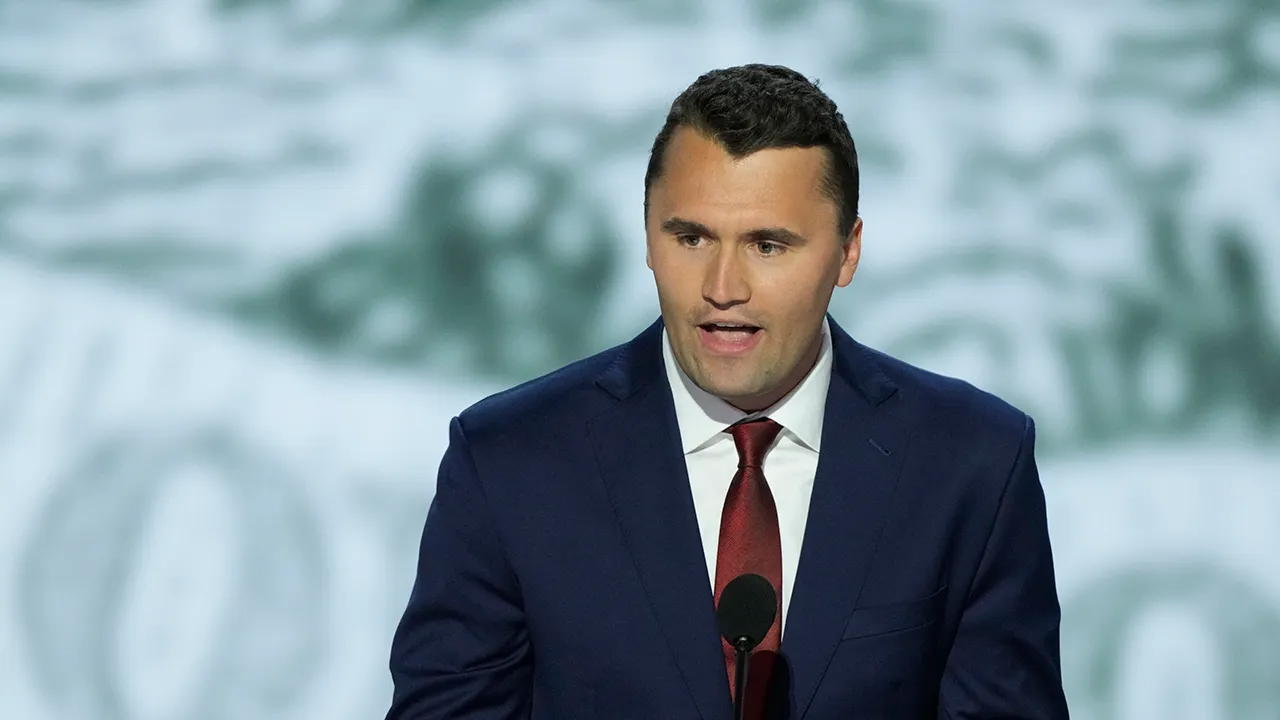By David D’Souza
Copyright mxmindia

India beat Pakistan on Sunday. Normally, such a line would bring a smile. But not this time.
The Board of Control for Cricket in India (BCCI) promptly issued a triumphant little note on Twitter congratulating the team, claiming that the win was “a tribute to the Pahalgam martyrs.” Really? Since when did runs on a cricket pitch become a currency to settle blood debts? Reducing the sacrifice of innocent tourists to a slogan after a sporting contest is not just tone-deaf, it is deeply offensive. It makes patriotism look like marketing copy, drafted for clicks and applause.
Then came the bizarre spectacle of Suryakumar Yadav, standing stiffly in front of the cameras, mouthing a line of “solidarity”. It rang false. It wasn’t ‘Sky’ speaking from his heart, it was an employee reciting a compliance memo, corporate crisis management dressed up in national colours. That’s the tragedy. Cricket has become commerce first, conscience last. A player who should have been celebrating a hard-fought win looked instead like a brand ambassador caught in a PR stunt. As a former sports writer, I cringed because it was awkward, and worse, it was unnecessary.
This hollowness gnaws at many of us. If “Legends Cricket” can be banned, if Pakistani actors and films can be blocked, if music can be muffled in the name of national sentiment, why is cricket treated differently? Why does morality suddenly become flexible when billions in broadcasting rights, sponsorship deals and advertising money are at stake? The State flexes its muscle on culture, but bends when it comes to cricket.
Sunil Gavaskar, to his credit, cut through the noise. He pointed out that it is not the players or the fans who should decide whether India plays Pakistan — it is the government. The buck stops there. Yet, what have we heard from the corridors of power? Some ministers argued that if India didn’t play, the team would forfeit the match and lose crucial points. Points! As if the ledger of a sports tournament outweighs the blood spilled in Pahalgam. Are we really saying that a semifinal slot is more valuable than the lives lost, or the pain still borne by the survivors?
Meanwhile, the stadium in Dubai told its own story. I should know. Lived and worked in that city for nearly three decades. Rows of empty seats glared back at the cameras. Normally, an India–Pakistan game is a carnival, a festival of noise and colour. This time, it was eerily subdued. The turnout was embarrassingly low, a silent protest that spoke louder than any hashtag or press note. Indian fans did not buy into the hypocrisy. They stayed away.
That hurt is real. Across living rooms, WhatsApp groups, and office canteens, there is anger, yes, but more than that, there is disappointment. Cricket has always been more than a game in India. It has been an expression of joy, identity and even resistance. But passion cannot be divorced from conscience. To watch the government block films, ban shows and curtail cultural exchanges with Pakistan, and then quietly allow or even encourage a full-fledged cricket match, feels like betrayal. Millions of Indians are asking: why this double standard?
The government cannot keep shifting the goalposts. If national sentiment is the guiding principle, then apply it across the board. If commerce is the true north, then say so openly and stop pretending that cricket is somehow exempt from the rules imposed on other art forms and professions. This halfway house, where art is policed but cricket is protected, insults both the martyrs and the fans.
The irony is stark. Sky’s forced message of “solidarity” was meant to project unity, but it exposed fracture. The half-heartless tweets by Gambhir and Gill were terrible. The BCCI’s clumsy tweet was intended as tribute, but it trivialised sacrifice. The ministers’ defence of “points” was meant as pragmatism, but it sounded like cowardice. Every attempt to cover up the contradiction only highlighted it more.
What we are left with is the uncomfortable truth that in the India–Pakistan cricket saga, money speaks louder than morality. Sponsors, broadcasters and boards are not interested in the nuances of national security or the pain of families who lost loved ones in Pahalgam. They are interested in eyeballs, TRPs, and balance sheets. And when the government chooses to side with commerce, it loses moral ground. Even staunch government supporters made their anger visible on social media.
We are a country that once prided itself on standing firm in the face of provocation. Today, we look like a country that will bend when the stakes are financial. If cricket is to be played, let it be played openly as business. Do not cloak it in the language of patriotism. Do not insult martyrs by invoking their names to justify a fixture. Do not put players in front of cameras to parrot lines they do not believe.
Because here is the harshest truth of all: solidarity cannot be staged. It cannot be scripted by PR agencies or drafted into social media posts. It has to be lived, shown in decisions, reflected in policy. You cannot ask fans to suspend disbelief while showing them one morality for cinema and another for cricket.
India may have won on the scoreboard, but in Dubai, the true scoreline was written elsewhere: in the empty stands, in the hollow words, and in the broken trust of millions of fans. Runs and points may advance you in a tournament, but they cannot erase the memory of lives lost. That is the real contest, and it is one we are in danger of losing.
David D’Souza is a former journalist and sports writer, senior communications professional, content creator and educator. After three-and-a-half decades in the Middle East with global agencies, he now writes this column on communication, culture and leadership with a wry Indian lens. His column appears every other Thursday, but sometimes – on topical issues – on other days as well. He is based in Pune. His views here are personal.



